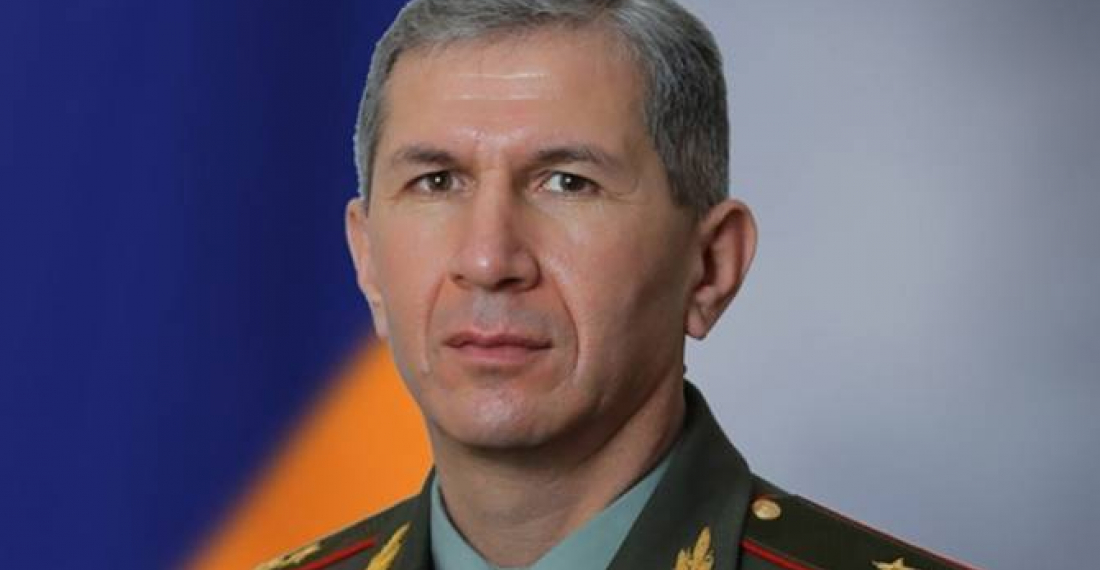The Chief of Staff of the Armenian Armed Forces, Colonel General Onik Gasparyan, has been formally dismissed from his post, the office of Armenian prime minister Nikol Pashinyan said on Wednesday morning (10 March).
The dismissal of Gasparyan has been at the centre of political and constitutional controversy for two weeks. The process to fire Gasparyan from his post started on 25 February after he and a number of other military officers called for the resignation of the prime minister and the government. Prime Minister Nikol Pashinyan described that call as an attempted coup and immediately started the procedure to fire Gasparyan. However, the dismissal of Gasparyan had to be formally signed by president Armen Sargissian, who referred it back to the prime minister. The prime minister sent the dismissal back to the president, and according to law, if the president does not sign the second time, or does not refer the matter to the Constitutional Court, it comes into affect after several days. That period has now passed and Gasparyan is now officially relieved of his duties.
The matter, however, is not simply procedural. Opposition parties and their supporters have rallied around Gasparyan, and have increased their calls for the prime minister to resign. This morning they blockaded the entrances to the country's parliament. It is also not yet clear how the Armenian army will react.
source: commonspace.eu with agencies
photo: Colonel General Onik Gasparyan (archive picture)







